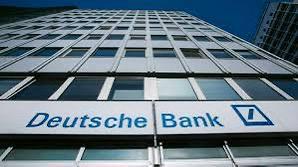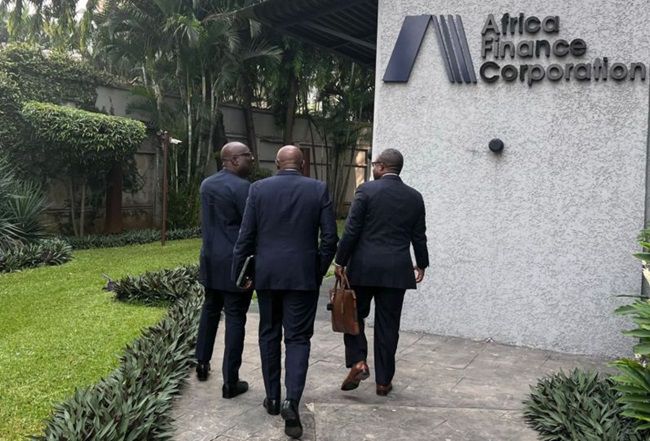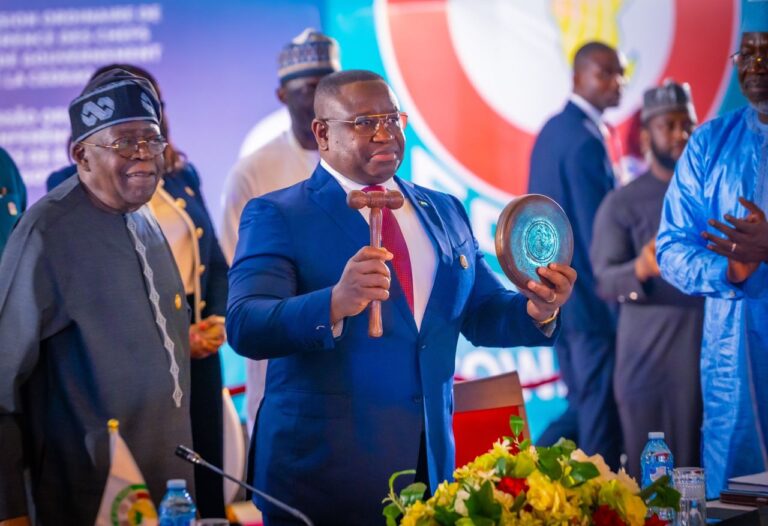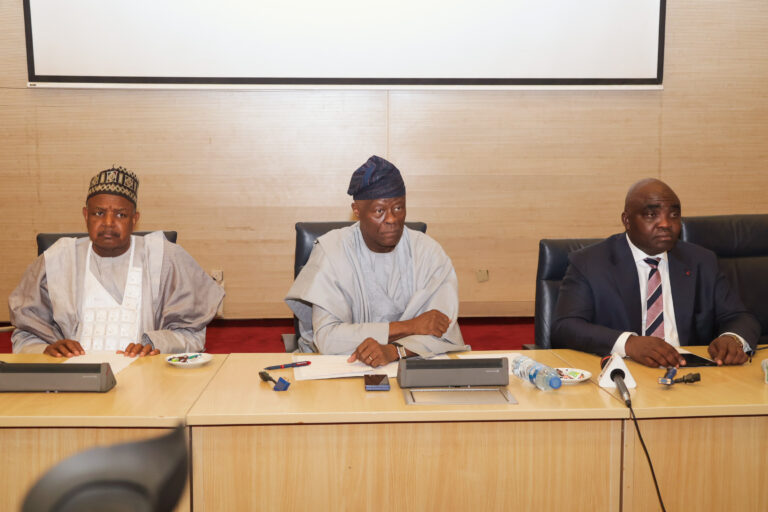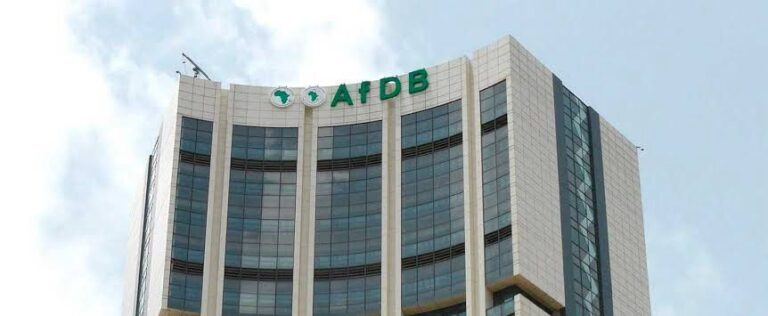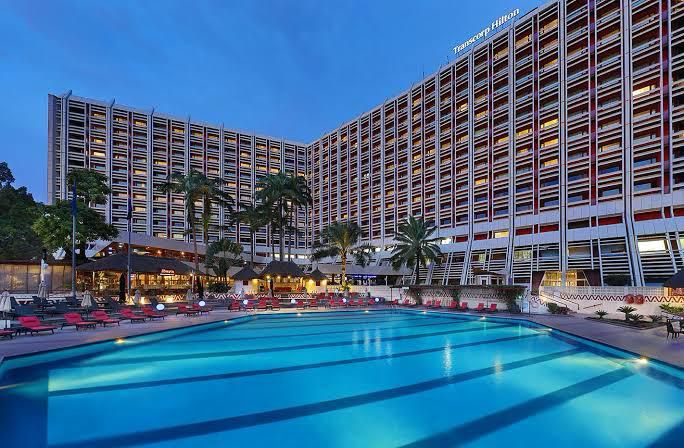By: Nwali Chidozie
Nigeria has successfully secured a $747 million syndicated loan, spearheaded by Deutsche Bank, to finance the crucial first phase of its ambitious 700-kilometer (435-mile) coastal highway project. This landmark financial agreement marks a significant stride in Nigeria’s infrastructure development, signaling renewed global investor confidence in the nation’s economic reform agenda.
The syndicated loan, announced by the Federal Ministry of Finance, will specifically fund the initial 47.47-kilometer stretch of the highway, extending from Victoria Island to Eleko Village in Lagos. This first phase is part of the larger vision to connect the commercial capital, Lagos, to the southeastern port city of Calabar.
According to Mohammad Manga, Director of Information and Public Relations at the Ministry of Finance, this loan represents the largest syndicated road infrastructure loan of its size in Nigeria’s history. He emphasized that it underscores strong global investor confidence in the country’s reform trajectory and its pipeline of infrastructure projects.
Deutsche Bank played a pivotal role in this financing deal, serving as the Global Coordinator, Initial Mandated Lead Arranger, and Bookrunner. The group of lenders includes prominent international and regional financial institutions such as First Abu Dhabi Bank (also acting as Agent and Intercreditor Agent), African Export-Import Bank (Afreximbank), Abu Dhabi Exports Office (ADEX),
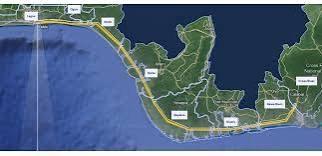
ECOWAS Bank for Investment and Development (EBID), Nexent Bank N.V., and Nigeria’s own Zenith Bank, operating through its UK, Paris, and Nigerian offices. The Islamic Corporation for the Insurance of Investment and Export Credit (ICIEC) is also providing partial risk insurance to mitigate political and commercial risks.

The project is structured as an Engineering, Procurement, Construction + Financing (EPC+F) contract, awarded to Hitech Construction Company, a leading Nigerian infrastructure firm. This arrangement is designed to foster a strategic partnership between the government and the private sector, seamlessly integrating technical execution with financing solutions. The Ministry of Finance also noted that over 70 percent of Phase 1 Section 1 is already complete, with the road being constructed using Continuously Reinforced Concrete Pavement (CRCP) technology, known for its durability and cost-effectiveness.
Nigerian Minister of Works, David Umahi, hailed the transaction as a “vote of confidence” in Nigeria’s economic reform agenda, stating that the Lagos-Calabar Highway is a strategic national asset and this financing sets a strong precedent for future public-private infrastructure
partnerships. The government also indicated that financing for subsequent phases of the project is already being structured, with significant interest from both regional and international investors.
Meanwhile, the 700-km coastal highway is anticipated to significantly improve mobility along Nigeria’s Atlantic coast, ease congestion on existing routes, and stimulate economic growth by reducing logistics costs and attracting foreign investment. It is a flagship project under Nigeria’s “Renewed Hope Infrastructure Development Agenda,” highlighting the government’s commitment to delivering transformative projects critical to the nation’s economic prosperity.




